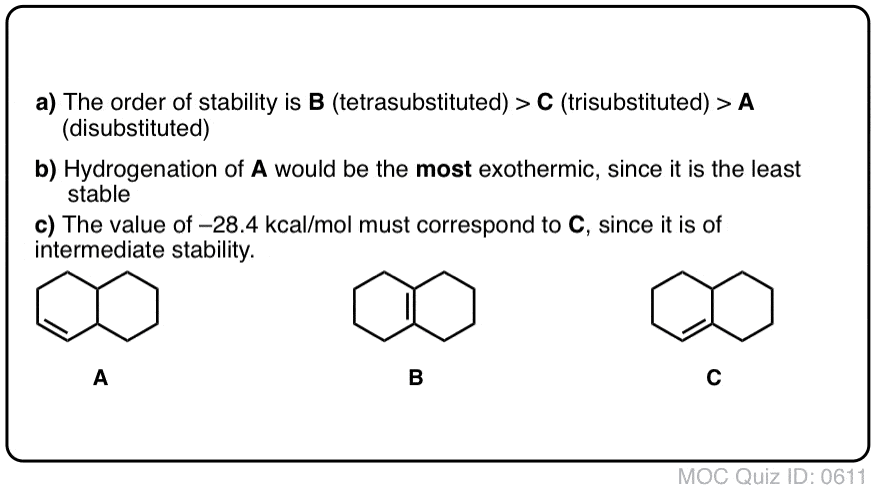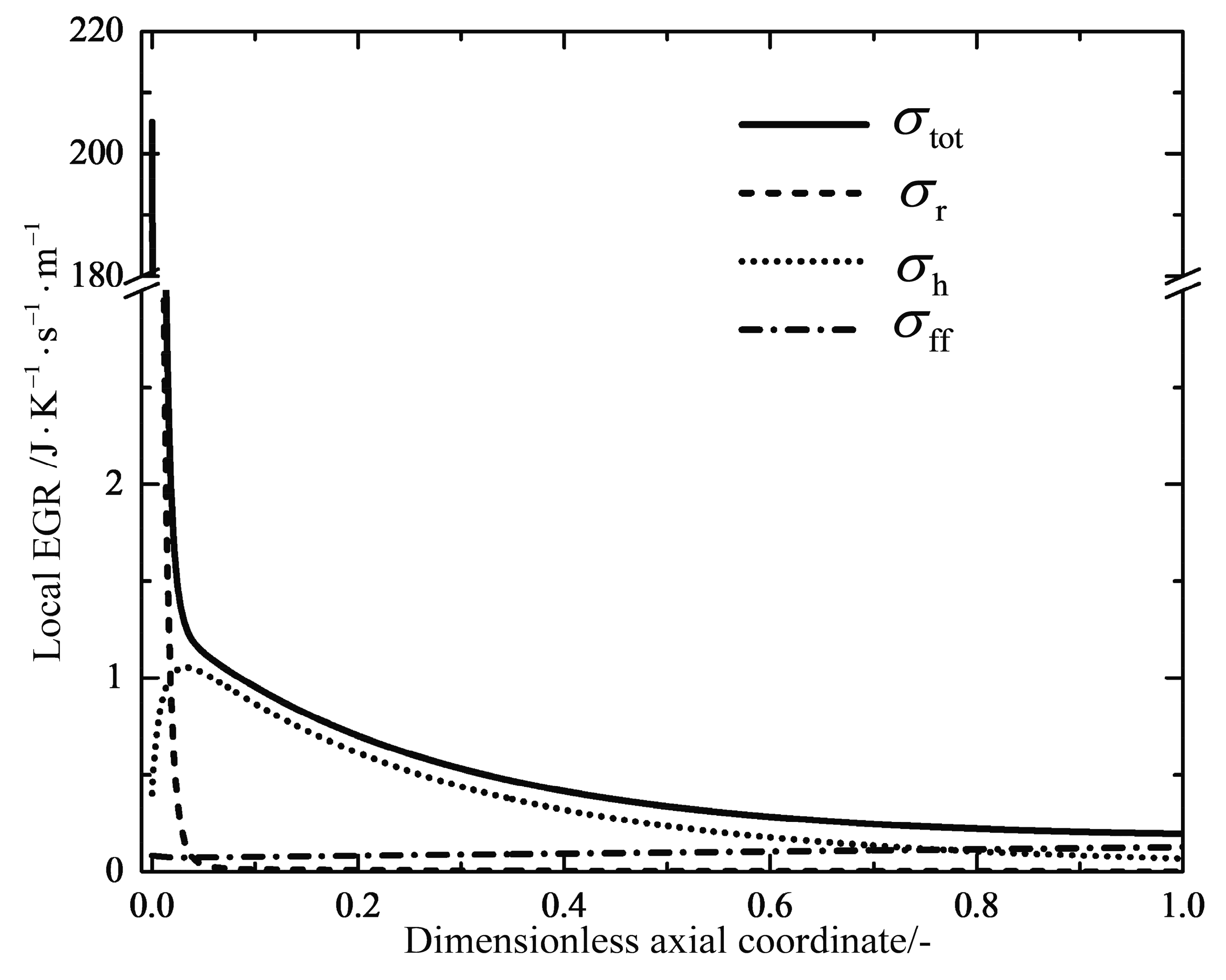
To put it less technically: whenever there is a flow of energy some is always lost as low-level heat. The Second Law of Thermodynamics – often stated in terms of work as "it is impossible to produce work by transferring heat from a cold body to a hot body in any self-sustaining process" – can alternatively be rendered: "Entropy always increases in any closed system not in equilibrium, and remains constant for a system that is in equilibrium." The formation of life is not a case of "reverse entropy" taking place.In its strict meaning, "entropy" is a thermodynamics term, first used by the German physicist Rudolf Clausius (1822-1888) in 1850 to describe the amount of heat that must be put into a closed system to bring it to a given state. If the OP's question was really something along the lines of, "How can the formation of life be true if entropy prohibits it from happening?", the above may be the answer to the question.

There is nothing in the Second Law of Thermodynamics nor the scientific definition of Entropy that prevents a "less complex" single cell "living" organism from developing into a "more complex" living organism that may consist of even trillions of "more organized" or "more orderly" cells that would be more "complex".

Entropy does not prohibit the formation of a more complex "thing" from developing by a natural process. They think the Second Law of Thermodynamics should prevent something LESS complex from becoming MORE complex. This is the usual argument many theists will use against evolution, and in some cases they will even try to use it to support the creationist belief. I'm not religious, but when I was first trying to understand "entropy" I made the mistake of equating that if something went from a less COMPLEX state to a MORE complex state, that should be a violation of entropy. I'm going to add this reply to this thread, because I'm not really sure why the OP may be equating "life" to "reverse entropy". So while we can look at life, and say that it's very entropically disfavorable, when we add the sun (and the rest of the earth) into the equation, we actually come out balanced in terms of entropy (We lose actually cause thermodynamics is a bitch, and the entropy of the universe must always increase). So while locally we can work against entropy, that cost is being paid for elsewhere in the system, meaning that the totally entropy of the system increases. While different life forms get their nourishment from different sources, ultimately as a planet we get most of our energy from the sun (and other geothermal sources).

it's why all life needs to constantly eat food (or get nourishment of some kind), because without that energy we would be unable to maintain those potentials, and therefore we wouldn't be able to do work on our surroundings. However, the way we would put energy into the system to drive this reaction forward would require using energy from another source, typically a reaction which is entropically favorable (meaning the entropy increases).Īs a life form, we do a lot to maintain chemical and potential gradients within our body that are locally working against the increase of entropy, but the way that we do this is using energy. This means that we can use energy to drive a reaction forward, even if that would cause entropy to decrease (locally). Namely, you can have a energetically driven reaction, or an entropically driven reaction (or both combined). To have a reaction, there must be favorable reaction conditions, and this can come in two forms. To understand this a little bit, we can think about how chemical reactions are driven forward. To add to what other have said, the entropy of the universe must always increase, but that doesn't mean you can't locally decrease entropy (while in turn increasing it elsewhere).


 0 kommentar(er)
0 kommentar(er)
